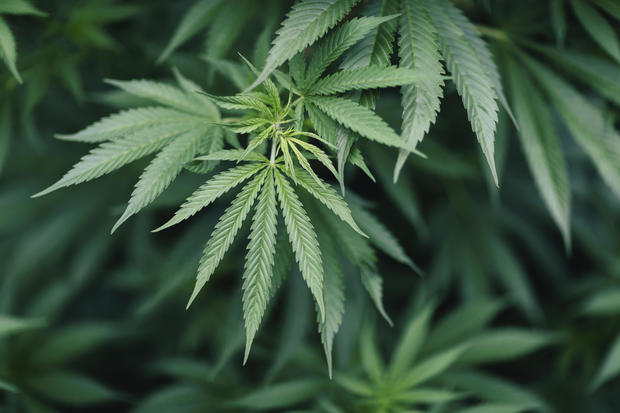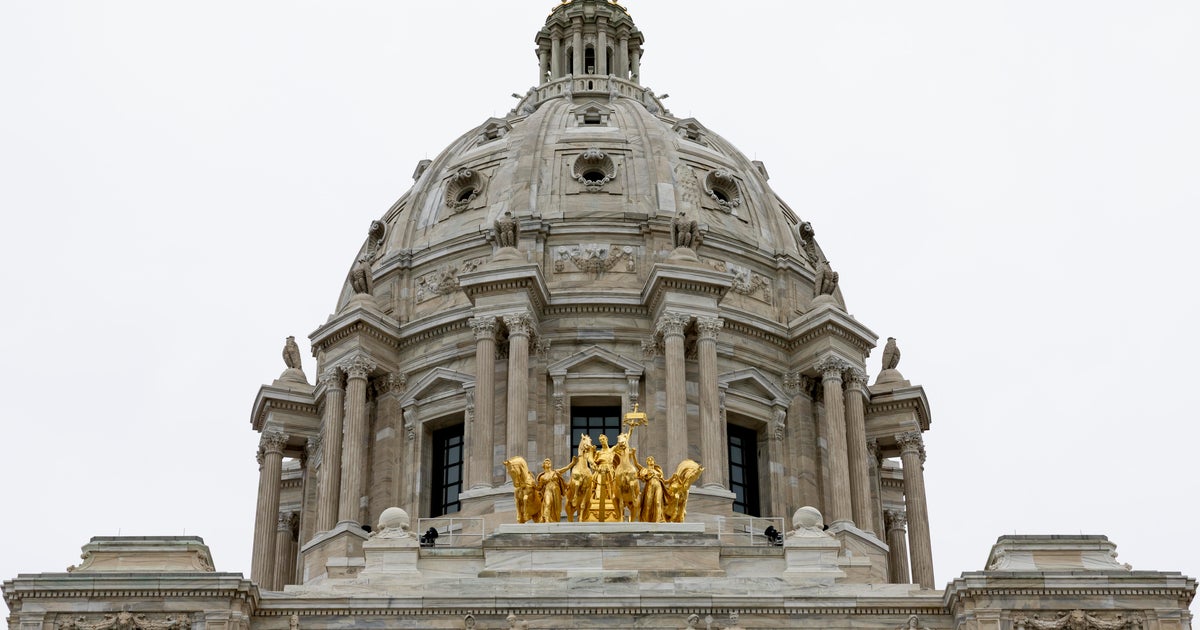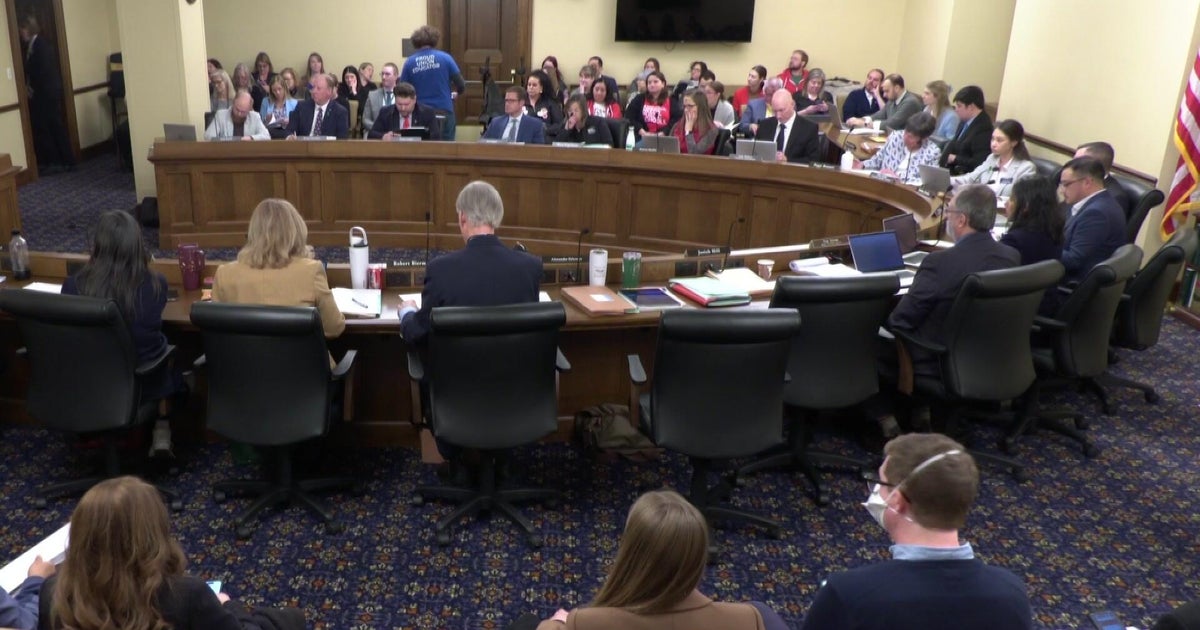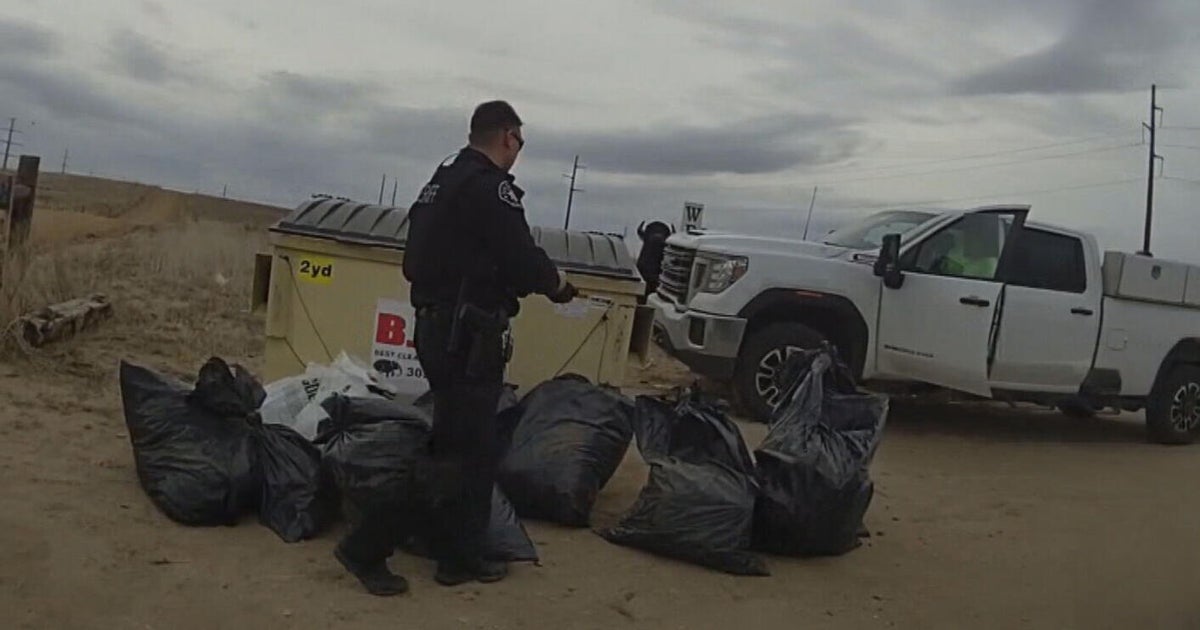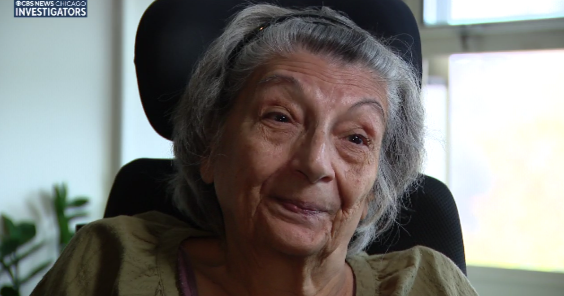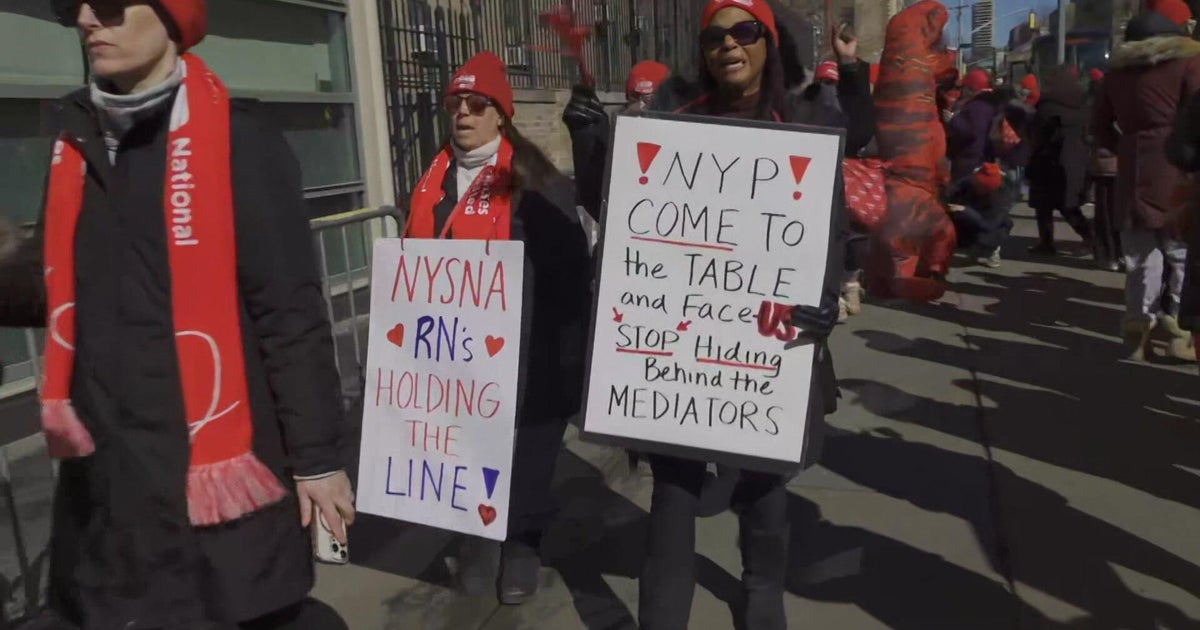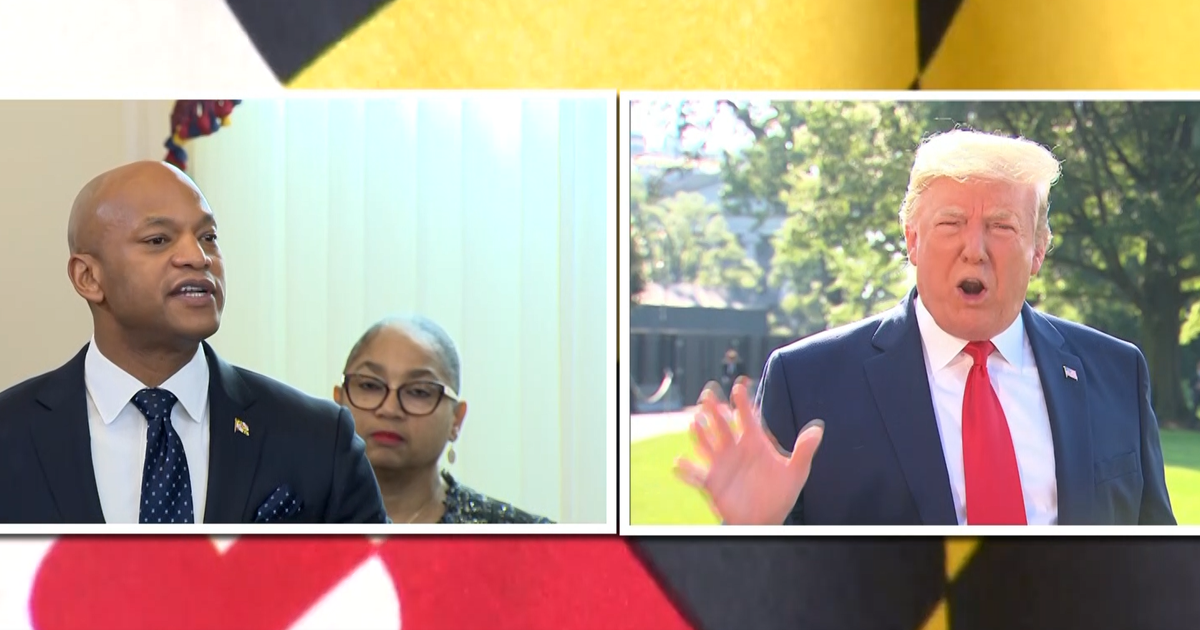Going Green: How Minnesota embraced recreational marijuana in 2023
MINNEAPOLIS — Minnesota became the 23rd state to legalize recreational cannabis in 2023, the culmination of a years-long push from activists and lengthy debates in the legislature.
The path to legalization solidified last November, after the DFL won a majority in the House and Senate creating a "trifecta" that would allow them to more efficiently pass legislation.
Still, it was a long road, so let's take a look back at how we got to this point, and what's happened since weed became legal on Aug. 1.
DFL majority paves path for legalization
In the weeks following the DFL's big win in November 2022, Democratic Gov. Tim Walz signaled that legalization would be one of the top priorities during the year's legislative session.
It wasn't the first time that lawmakers had tried to push the policy through — in 2021, the Minnesota House advanced a bill to legalize recreational cannabis, but it didn't go anywhere in the Senate, which at the time was controlled by Republicans.
But with the majority in both chambers, state Democrats pledged to pass the bill. Republicans and some law enforcement officials expressed concern over legal marijuana in the state, saying that it would be difficult to determine if someone was actively under the influence behind the wheel.
House, Senate vote
While the bill was on the docket for the 2023 legislative session, Democrats swiftly approved other bills first — including codifying abortion rights and creating a universal school meal program.
But on 4/20 — a day typically associated with cannabis enjoyment — Rep. Zack Stephenson (DFL-Coon Rapids) announced that the bill was scheduled for a vote the following week. The House passed it with a vote of 71-59. Two Republicans joined all but one Democrat in supporting the proposal.
Though the House passed their version, the Senate had also drafted up a copy, and the two had vast differences. Among the distinctions was how much weed a person could have in their home, and the extent to which local governments could limit the number of cannabis businesses in their communities.
Eventually, the Senate passed the bill in the overnight hours of May 20, and it headed to Walz's desk on May 30, where it was signed into law.
Features of the bill:
- Adults 21 and older can possess and travel in the state with 2 ounces of cannabis flower, 8 grams of concentrate, and 800 milligrams worth of THC-containing edible products such as gummies and seltzers.
- The law established 10 different business licenses a person can apply for in the adult-use market.
- Adults can grow up to eight plants at home, with no more than four flowering at a time.
- Cannabis can be legally consumed on private property, though it's still illegal to smoke or vape cannabis anywhere that tobacco smoking is prohibited.
- Employers cannot require a drug test to screen for cannabis as a condition of employment, with some exceptions.
- Minor marijuana convictions, like possession of small amounts, were automatically expunged on Aug. 1.
Local governments adjust to cannabis law change
In the time between the bill's passage and Aug. 1 — when the law would go into effect — local cities and counties awaited guidance on the incoming marijuana marketplace.
Some governments took the time to press pause on cannabis businesses in their communities by passing temporary bans. Interim ordinances that prohibit cannabis businesses are allowed via the legislation until Jan. 1, 2025, and Brooklyn Center, Mankato, West St. Paul, Ramsey, and East Grand Forks took the step to do so.
People are allowed to smoke or vape in public places, according to the law, but some municipalities including Inver Grove Heights, Apple Valley, Prior Lake, Duluth, Rochester, and Lakeville, decided to make smoking in public places a petty misdemeanor. It's also banned in Olmsted, Renville, and Wright counties.
Records expunged
One of the main tenets of the bill was that low-level cannabis crimes were automatically expunged, impacting roughly 66,000 people, according to the Minnesota Bureau of Criminal Apprehension. A new Cannabis Expungement Board was set up to consider resentencing or expungement of roughly 230,000 felonies related to sales or possession.
Red Lake Nation opens dispensary
On Aug. 1, the day that recreational cannabis officially became legal in Minnesota, Red Lake Nation opened the state's first recreational marijuana store.
Though Minnesotans were able to possess and transport cannabis, retail sales of the product were estimated to take longer because the new state office charged with oversight was just in its infancy. However since Red Lake Nation is sovereign, it could set its own rules and regulations. Leaders were eager to cash in on cannabis before other communities could take advantage.
Office of Cannabis Management director resigns
The process of setting up the Office of Cannabis Management got off to a rocky start, after the agency's director withdrew a day after she was named over allegations her company had sold cannabis products that were not legal at the time.
Erin Dupree said she never knowingly sold any noncompliant product. Walz appointed Charlene Briner to lead the office while restarting the search for a new director.
Demand soars for cannabis education certificates
In late 2023, universities started to create cannabis certifications to help grow the new industry locally.
St. Cloud State University became the first state school to offer such classes. The 24-week, non-credit certificate program was developed as a partnership with California-based cannabis training company, Green Flower.
Saint Paul College also started offering a fast-track cannabis certification, and the University of Minnesota announced that it was launching the state's first research center for cannabis in November.
Business leaders also hope that new landscape will open the door for those already selling THC or CBD-infused products.
Cannabis manufacturing plant moves to Grand Rapids
Cannabis cultivation company HWY35 bought a 138-acre building which used to house a lumber mill in Grand Rapids. The mill, which closed in 2008, will transform into a manufacturing facility.
The project is estimated to cost $67 million, and the products will eventually be distributed at dispensaries across the state. It's expected to bring around 400 union jobs to the Iron Range.
Other marijuana-related stories:
- Growing weed at home in Minnesota: Your questions answered
- Former Gov. Jesse Ventura reportedly planning to launch his own weed brand
- How will marijuana legalization in Minnesota affect your job?
Note: The above video first aired on Aug. 2, 2023
